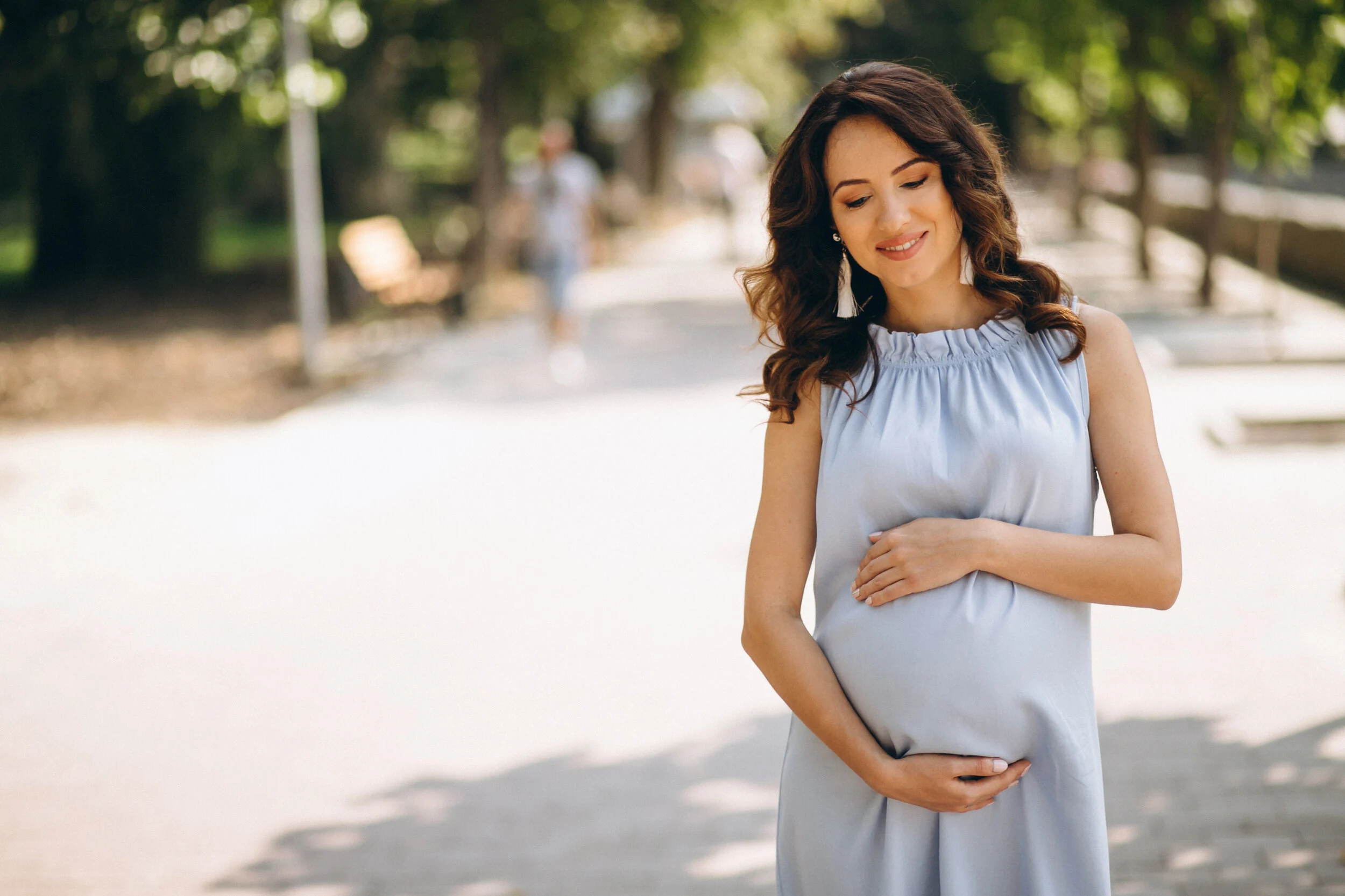When my children were infants, I wasn’t the type to bathe them every day, and if the weather was mild, I might even forgo that baby hat (I know, shocking!). There were times when their nails grew long enough to scratch their delicate faces, and I wasn’t always diligent about cleaning up every bit of spit-up from their clothes—or mine, for that matter.
I never subscribed to the notion that you should keep a baby confined to your perfectly clean home for the first three months. Honestly, how is that even feasible, especially with more than one child? However, there was one rule I adhered to without fail: “Keep your germs away from my baby!” I often carried my baby in a sling wherever we went. This was partly because my little ones were glued to me, but it also served as a barrier against well-meaning adults who thought it was okay to grab my baby and smother them with affection.
I understand the allure; babies are adorable. It’s incredibly tough to resist their charm. But please, don’t touch a newborn without asking first. Don’t hold them unless your hands are clean, and definitely don’t shower them with kisses. And for goodness’ sake, don’t sneeze in their vicinity and try to pass it off as allergies or some other flimsy excuse.
Now, brace yourself for this one, as I have zero tolerance here: Do not visit my home if you’re feeling under the weather, even if it’s “just a cold” or “just a tickle in your throat.” There’s no room for rationalization. If a newborn is present, you must be in perfect health to enter.
You might think your sniffle is insignificant, but that “nothing” cold could put a newborn in the hospital, and that’s no trivial matter. Adults have had years to build up their immune systems, but babies haven’t. A virus like respiratory syncytial virus (RSV) may seem mild to you, but for a newborn, it could be life-threatening and require medical intervention.
Don’t just take my word for it; experts at WebMD agree. “Infections in small babies can be quite serious,” says pediatrician Tanya Remer Altmann, MD. She emphasizes that viruses can manifest differently in infants compared to older children and adults, making it essential to take extra precautions with babies during their first few months—sometimes extending to six months.
Of course, despite our best efforts, things can happen. Your toddler may come home with a nasty cold, and often, it’s hard to keep them away from the baby. A close friend had to rush her week-old baby to the hospital due to germs brought home from an older sibling. Thankfully, such situations are rare, and most babies recover well—though they can cause significant worry for parents.
So why take the risk when there’s a simple solution: just stay away from infants if you’re sick? While I might be considered a germaphobe, I do believe that as children grow, exposure to germs is important. Once they start moving around, it’s nearly impossible to prevent them from coming into contact with dirty surfaces. My kids, for instance, have been known to taste-test the floor as they crawl.
The timing of when babies begin to encounter germs generally coincides with their ability to combat viruses more effectively. This period also aligns with when they’ve received some of their vaccinations. Until then, please keep your germy self away from newborns. It doesn’t matter if you traveled to see that baby; if you’re feeling unwell, you should stay away until you’re completely recovered.
For more insights and information about artificial insemination, you can explore this excellent resource.
Summary
This article emphasizes the importance of keeping germs away from newborns, particularly during their vulnerable early months. It highlights the risks of adult illnesses to infants and the necessity for visitors to be in good health before engaging with a newborn. The author shares personal experiences and stresses the need for precautions to ensure the safety of young babies.
